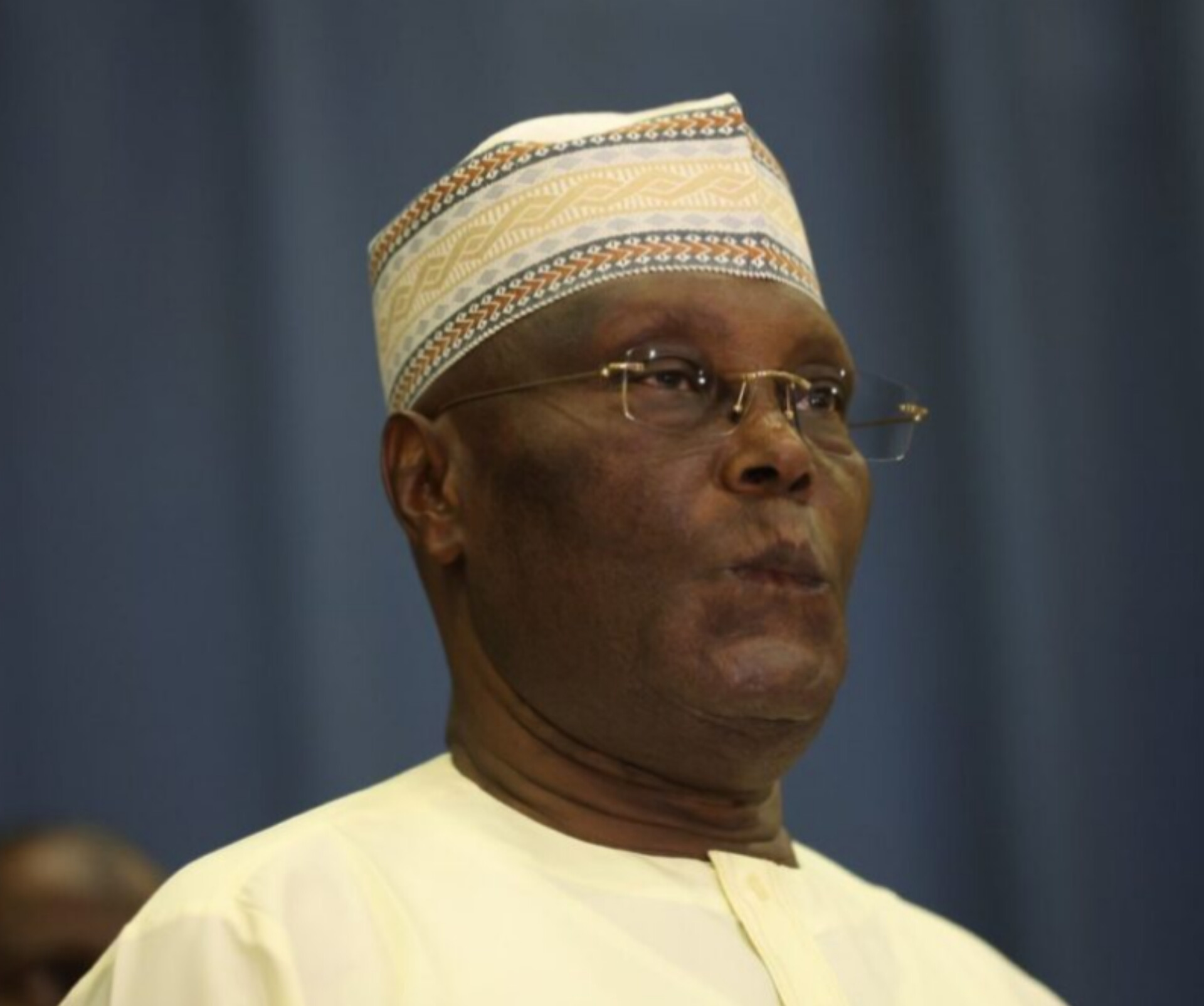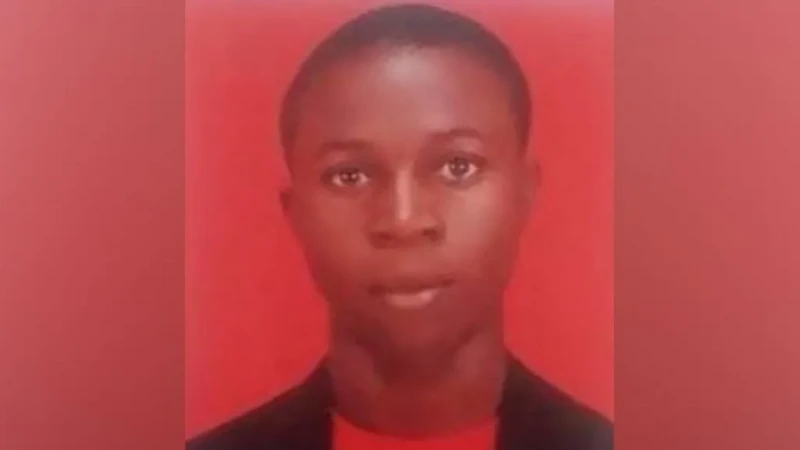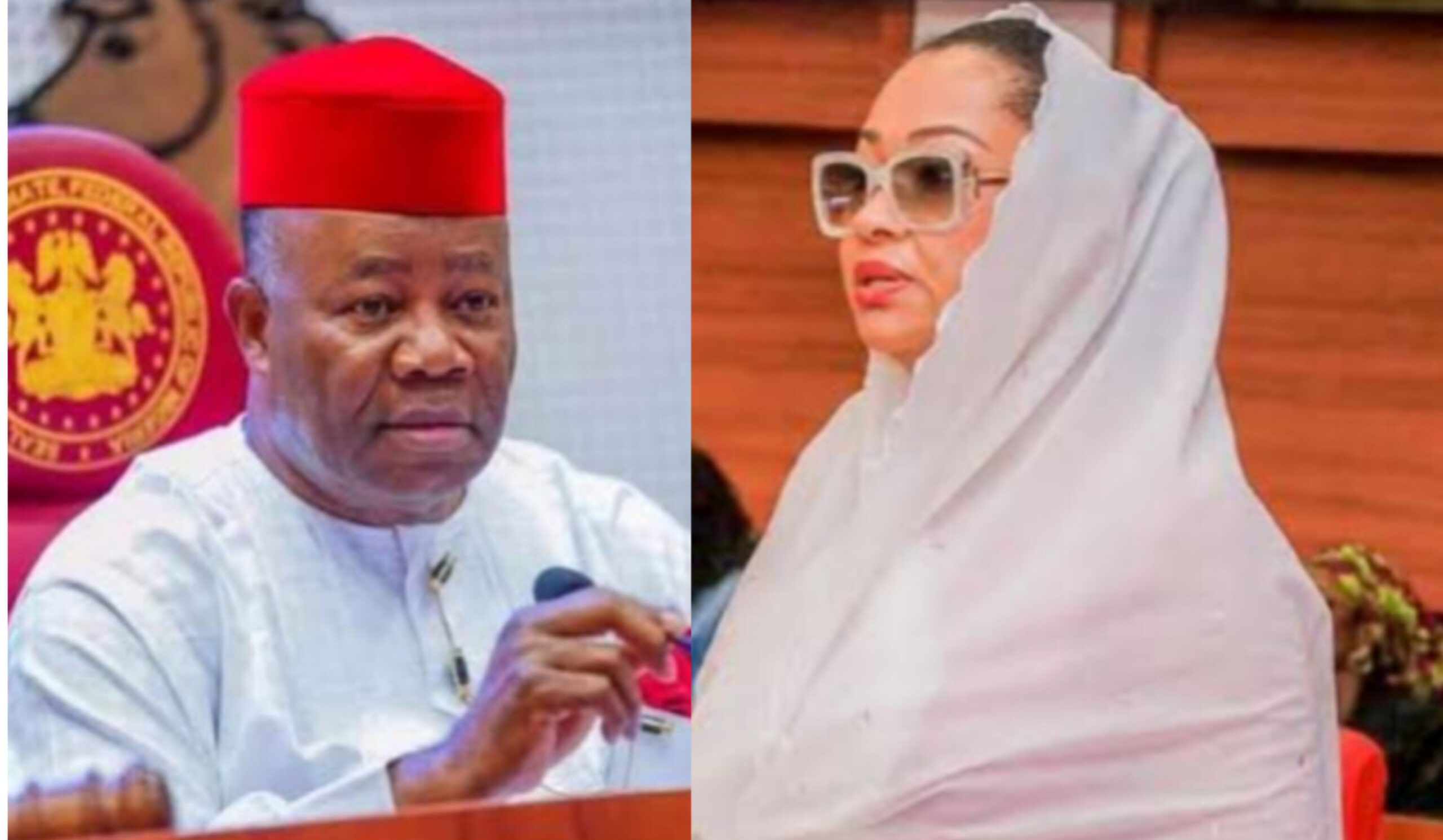Presidential candidate of the People Democratic Party (PDP), Alhaji Atiku Abubakar in the 2023 Presidential election got a major win in his battle to access the academic records of Bola Ahmed Tinubu at the embattled Chicago State University (CSU) and eventually unseat him as Nigeria’s elected President.
In a turn around of event on Tuesday, a United States District Court for the Northern District of Illinois granted Atiku’s prayers as it ordered the institution to release Tinubu’s records in 48hours and certify them under oath, because he (Atiku) had satisfied the purpose for seeking the documents.
Ruling on the case, Judge Jeffrey Gilbert, a US magistrate, ordered CSU to produce “all relevant and non-privileged documents” to Abubakar Atiku, the plaintiff, within two days.

“This matter is before the Court on Atiku Abubakar’s Application Pursuant to 28 U.S.C. § 1782 for an Order Directing Discovery from Chicago State University for Use in a Foreign Proceeding (“Application”) [ECF No. 1]. For all of the reasons discussed above, Atiku Abubakar’s application pursuant to 28 U.S.C. § 1782 for an order directing discovery from Chicago State University for use in a foreign proceeding [ECF No. 1] is granted,” Mr Gilbert ruled.
“Respondent CSU shall produce all relevant and non-privileged documents in response to requests for production Nos. 1 through 4 (as narrowed by the court) in applicant subpoena within two days of the entry of this memorandum opinion and order.”
“The deposition of respondent’s corporate designee shall proceed within two days of the production of documents. The parties can modify the dates set by the court by mutual agreement.”
Speaking about the urgency of the matter, Judge Jeffrey Gilbert said; “Given the limited time frame under which the parties are operating, the deposition can, if necessary, occur on a non-weekday.”
The order is coming barely hours after the Waziri of Adamawa filed his appeal at the Supreme Court challenging the September 6 judgment of the Presidential Election Petitions Tribunal (PEPT) which affirmed Tinubu’s victory at the polls.
In a bid to access further documentary evidence to strengthen his case against Tinubu, the PDP flag bearer had on August 2, 2023, filed an application for the court to order CSU to produce documents relating to Tinubu, as well as leave to get the school’s administrators to authenticate any documents submitted under oath.
According to Atiku’s submission, the documents would be used as part of his ongoing challenge against Mr Tinubu’s election earlier this year, adding that the APC candidate should not have been allowed to run for Nigeria’s presidency for presenting a forged document under oath in violation of the 1999 Constitution as amended.
Atiku had approached the court seeking an order that would compel the University to release Tinubu’s records. Although Tinubu’s credentials indicated that he graduated in 1979 with a bachelor’s degree in accounting, there have been allegations bordering on discrepancies in the President’s certificate.
In the course of proceedings, President Tinubu’s lawyers had argued that their client was not willing to lift his privacy privilege, with the ruling also conceding this by using the term ‘non-privileged documents”.
However, it remains to be seen how this order will positively affect the appeal filed separately at Nigeria’s Supreme Court by both Atiku and the Labour Party (LP) presidential standard bearer, Peter Obi in their final push to wrest power from the All Progressives Congress (APC) candidate and Nigeria’s sitting President.




